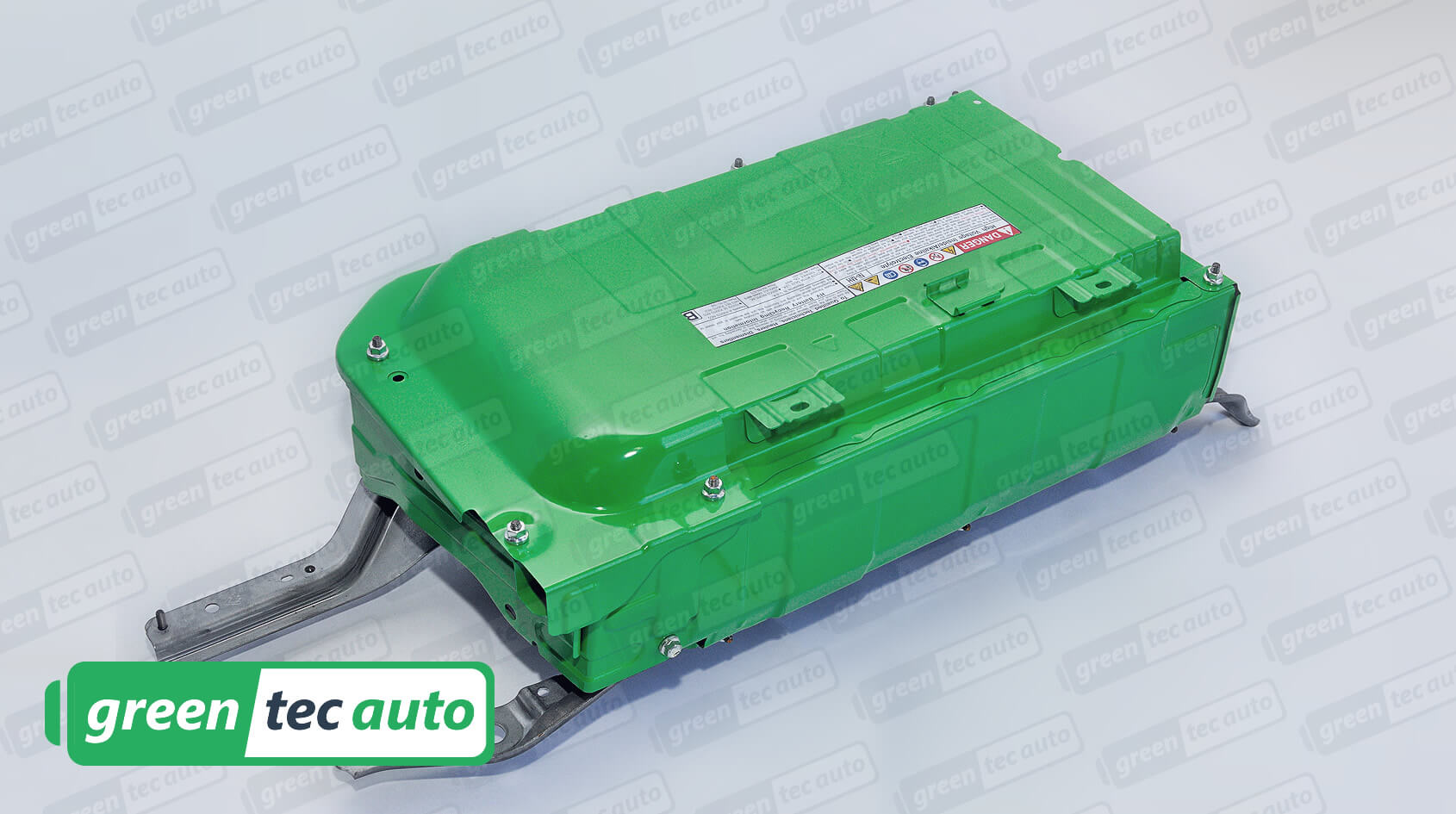Owning a hybrid vehicle, like the 2010 Toyota Prius, can often feel like stepping into a futuristic world of eco-friendliness and technological sophistication. However, even the most advanced hybrid systems come with their own set of challenges, and for many Prius drivers, one of the most daunting realities is the potential need for a battery replacement. The “Prius Battery Blues” can loom large in the minds of owners, sparking questions and concerns about the longevity and cost of battery replacements. Understanding these factors can be pivotal in alleviating anxiety and shifting your perspective.
A hybrid car operates with a unique amalgamation of gasoline and electricity, achieving stellar fuel efficiency and reduced emissions. Yet, at the heart of this innovation lies the hybrid battery, which faces degradation over time. The 2010 Toyota Prius is no exception to this rule, as its battery may begin to falter after years of use. The nagging question arises: how much will it cost to replace this essential component?
When considering the financial implications of battery replacement, it’s imperative to demystify the intricate factors at play. The cost of replacement batteries varies significantly based on factors such as location, labor costs, and even dealership versus independent mechanic choices. On average, owners can expect to pay anywhere from $2,000 to $4,000 for a new battery, which can be a source of anxiety for many. Nevertheless, approaching this issue with curiosity rather than dread can open your eyes to the possibilities and choices available.
Let’s delve into the components of this substantial cost. First and foremost, the battery itself is a sophisticated piece of technology, laden with intricate engineering. The original battery pack for the 2010 Prius utilizes Nickel-Metal Hydride (NiMH) chemistry, which is renowned for its durability and efficiency. Although some secondary market options promise lower prices, they may not guarantee the same longevity or performance. This is where consumers are challenged: do you sacrifice quality for a more appealing price tag?
Labor costs can also impact your overall replacement expense. If you opt for service at a Toyota dealership, expect to pay a premium for their expertise and specialized equipment. Conversely, independent mechanics might offer a price advantage; however, ensuring their qualifications in hybrid technology is crucial. Make sure they have a solid reputation before handing over your keys. Weighing these pros and cons with a discerning eye can empower you to make an informed decision.
For those who may hesitate at the idea of shelling out thousands for a battery replacement, it’s essential to explore potential alternatives. Remanufactured batteries, for instance, present a viable option for the budget-conscious driver. These batteries undergo rigorous testing and refurbishment, offering a middle ground between new and used at a lower cost. While they may not last as long as a brand-new unit, they can provide a satisfactory interim solution.
Moreover, Toyota has recognized the impact battery replacements can have on their customer base and thus has extended certain warranties for hybrid batteries. This can lighten the financial burden for eligible vehicles, potentially covering the replacement costs entirely, depending on your circumstances. Exploring warranty options or financing plans with dealers may also provide financial relief.
In light of these components, it becomes clear that replacing a 2010 Prius hybrid battery is not merely a transaction; it is a decision loaded with consideration and deliberation. The uncertainty surrounding the replacement may seem overwhelming, but adopting a more inquisitive mindset can yield new insights. Educate yourself on the battery’s condition—troubleshoot warning lights and pay attention to performance metrics. Recognizing the signs of battery inefficiency can empower you to make proactive decisions, potentially averting a crisis when the battery ultimately reaches its end of life.
And while embarking on this transformative journey may feel cumbersome, let us not overlook the experiential aspects of owning a Toyota Prius. The sense of innovation, the environmental consciousness, and the sheer joy of smooth acceleration from electric power herald substantial benefits that often outweigh the burdens of maintenance. Investing in a new battery doesn’t signify the end of the road—it represents an opportunity to continue your journey towards greener mobility.
Wondering how to further enhance the longevity of your Prius battery? Regular maintenance can play a critical role. This includes ensuring your vehicle is not regularly exposed to extreme temperatures and adhering to recommended service intervals. Simple habits, such as minimizing short trips that rely heavily on the battery, can also extend the life of your vehicle’s power source.
In conclusion, while the prospect of replacing the hybrid battery in your 2010 Toyota Prius can appear daunting, embracing a curious and informed perspective can transform your approach. By understanding the nuances of battery technology, evaluating your options meticulously, and maintaining a proactive stance on battery health, you’ll navigate the intricacies of hybrid ownership with confidence. So, rather than allowing the “Prius Battery Blues” to cast a shadow over your driving experience, consider it a chapter in your hybrid journey—one that leads towards sustainability and innovative automotive excellence.
